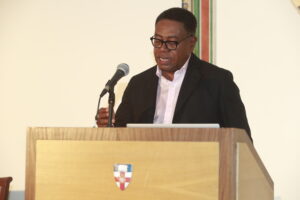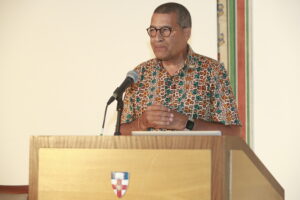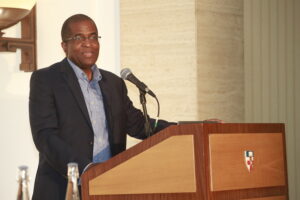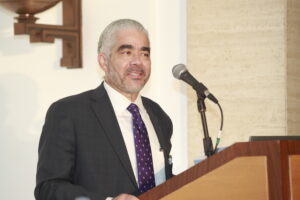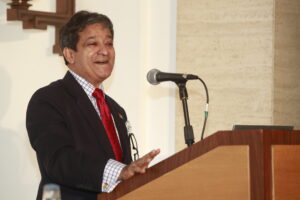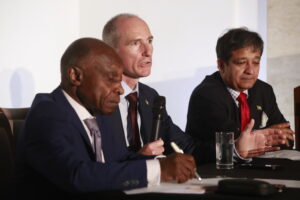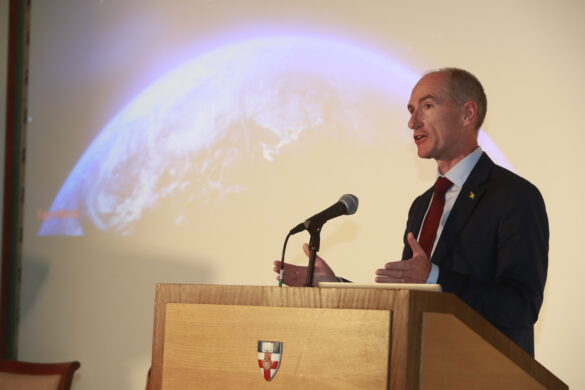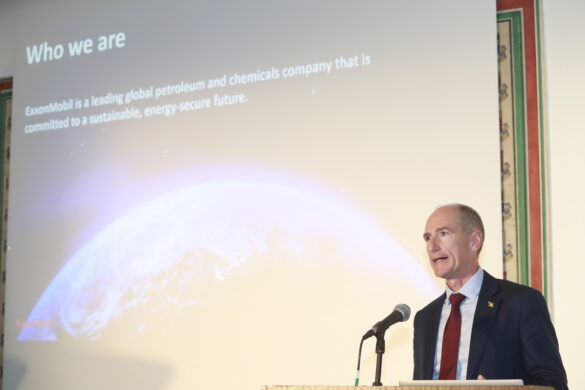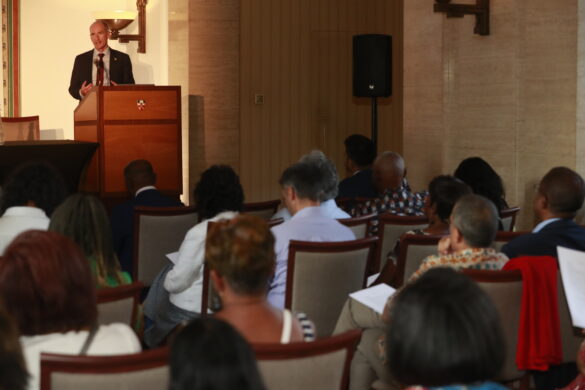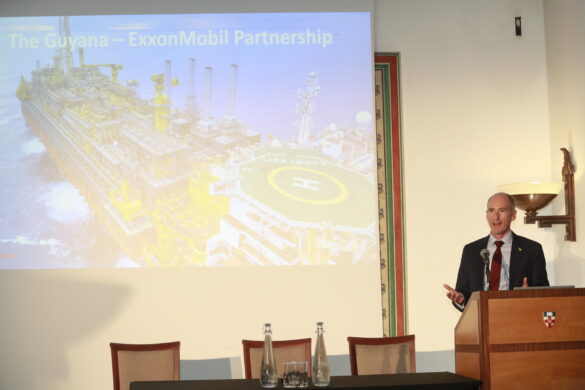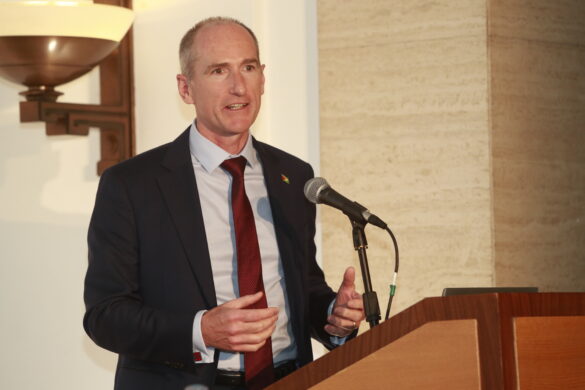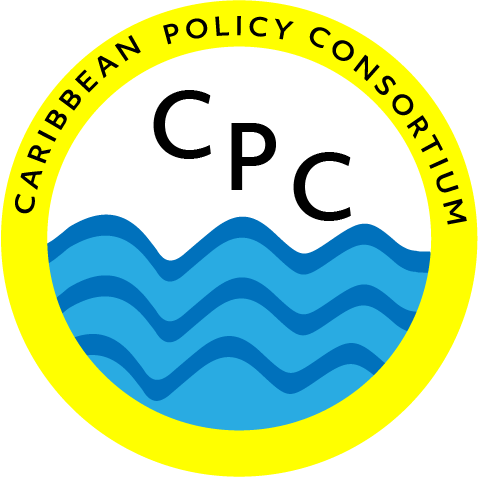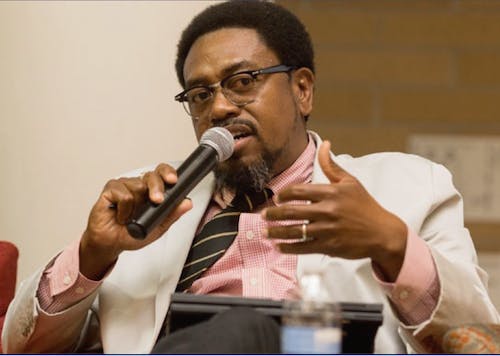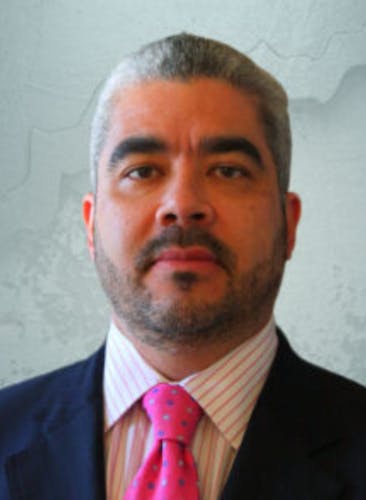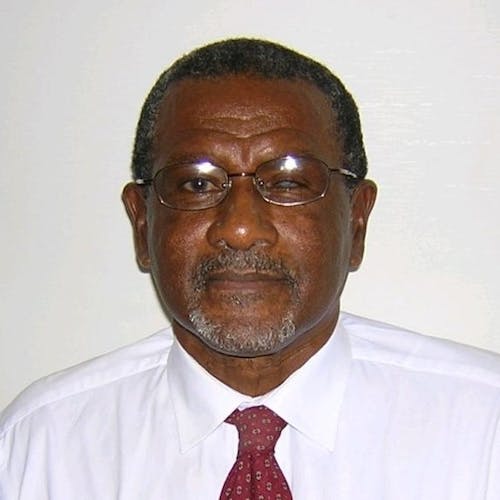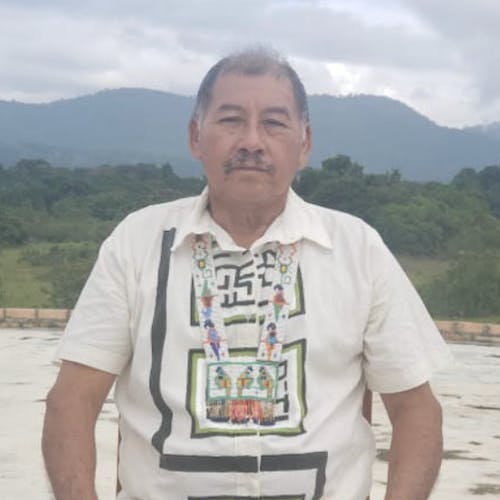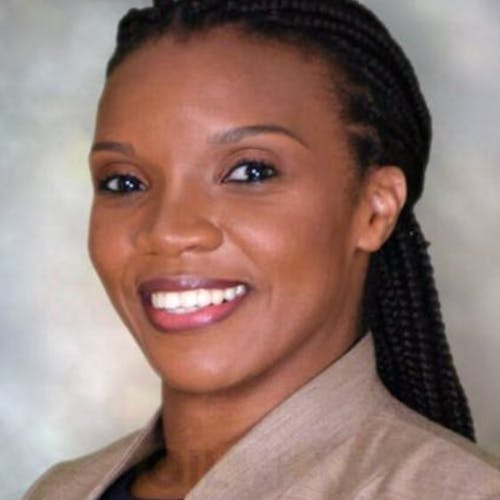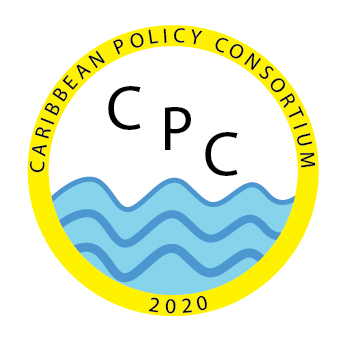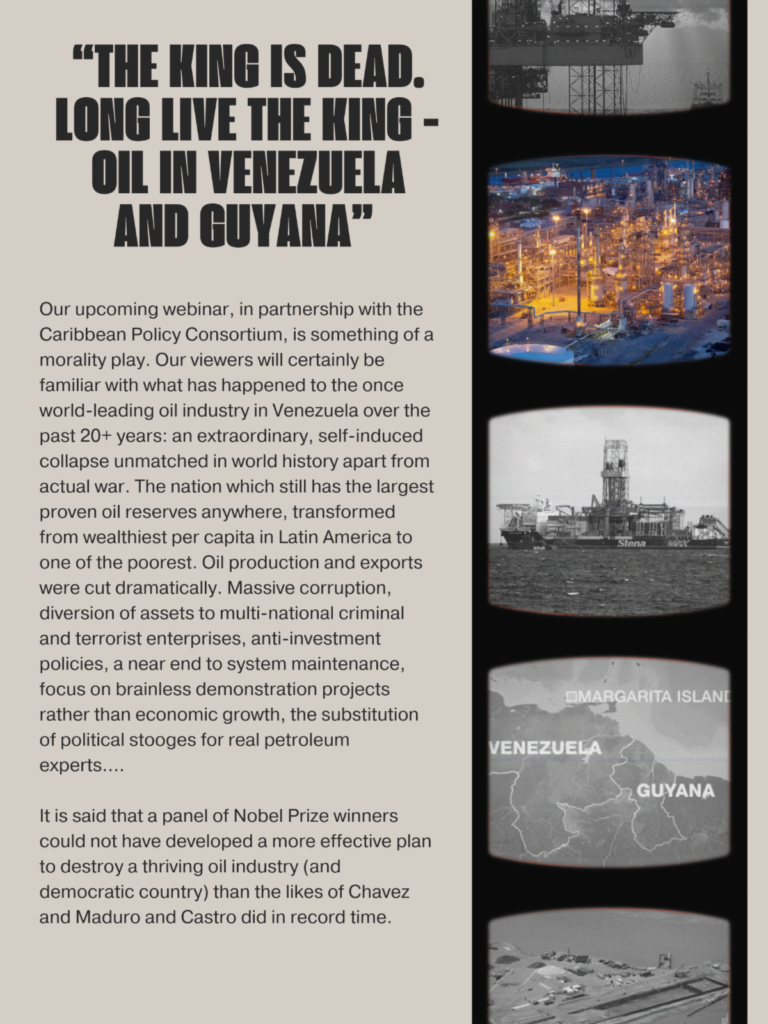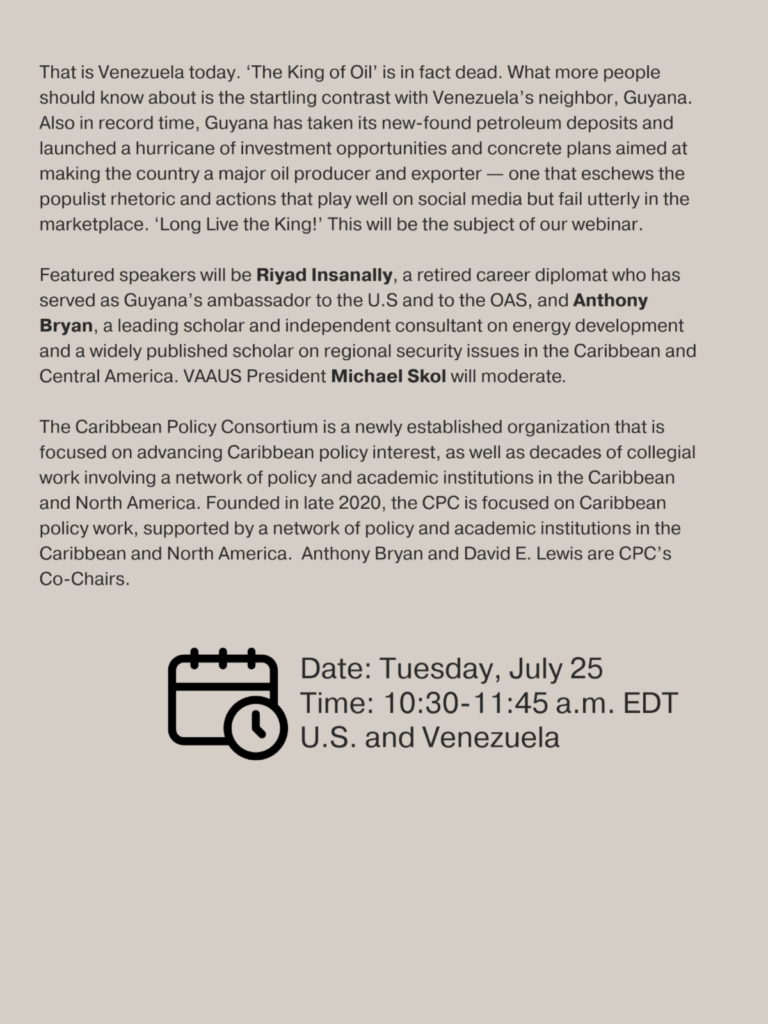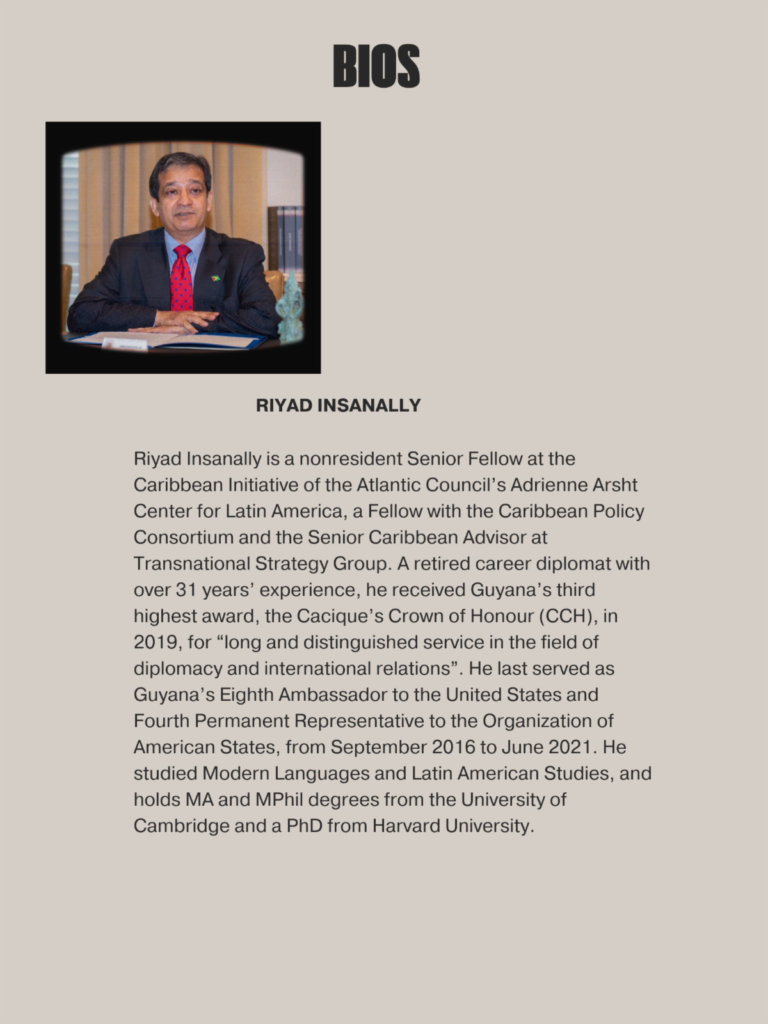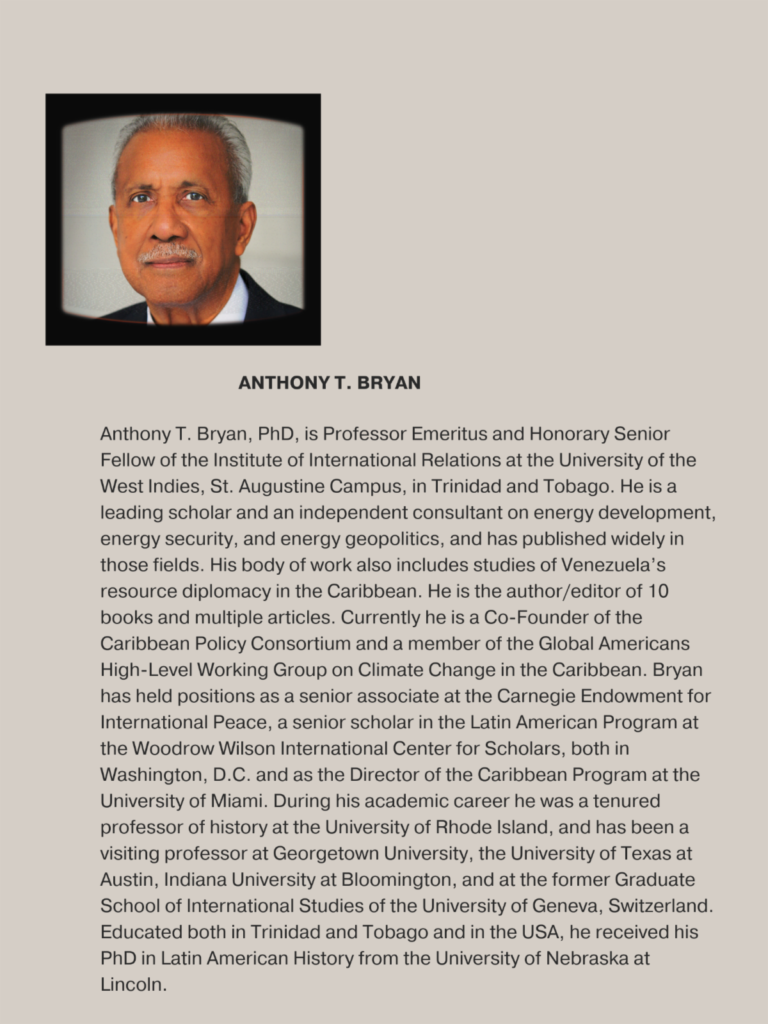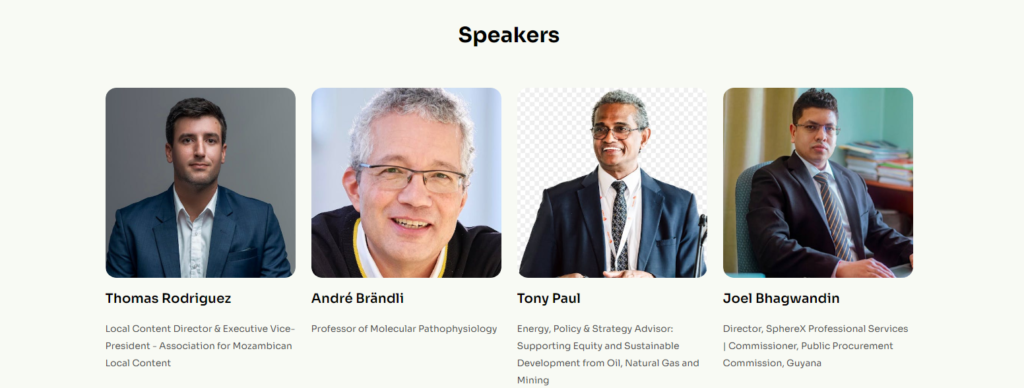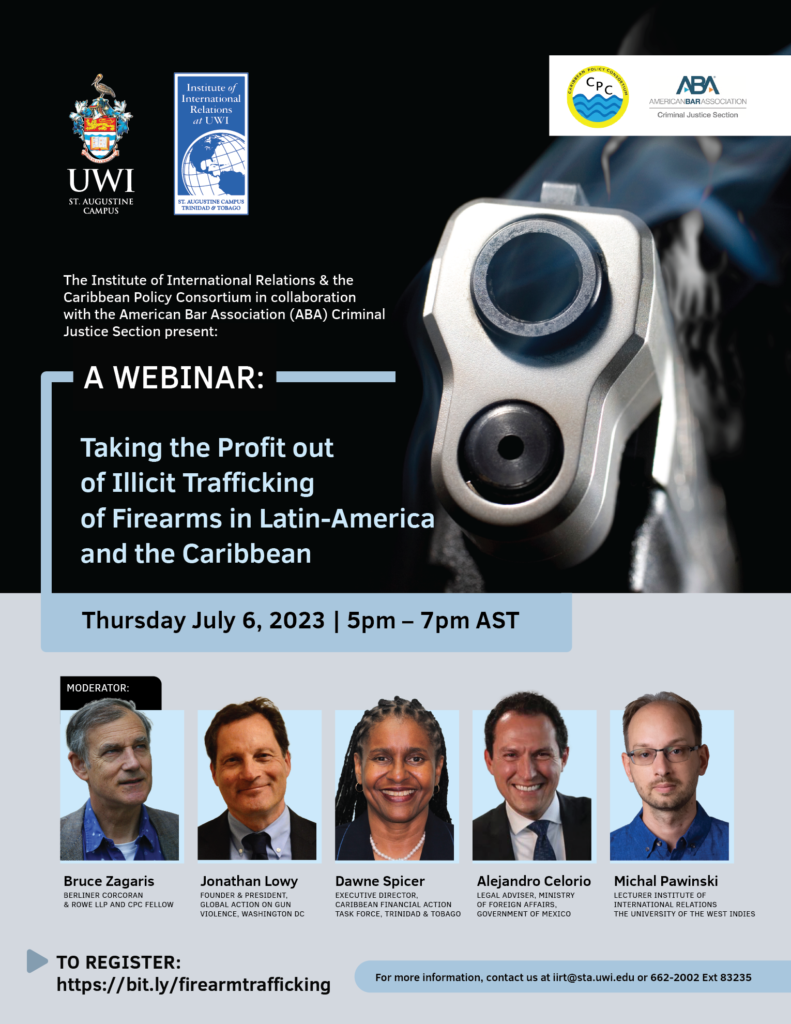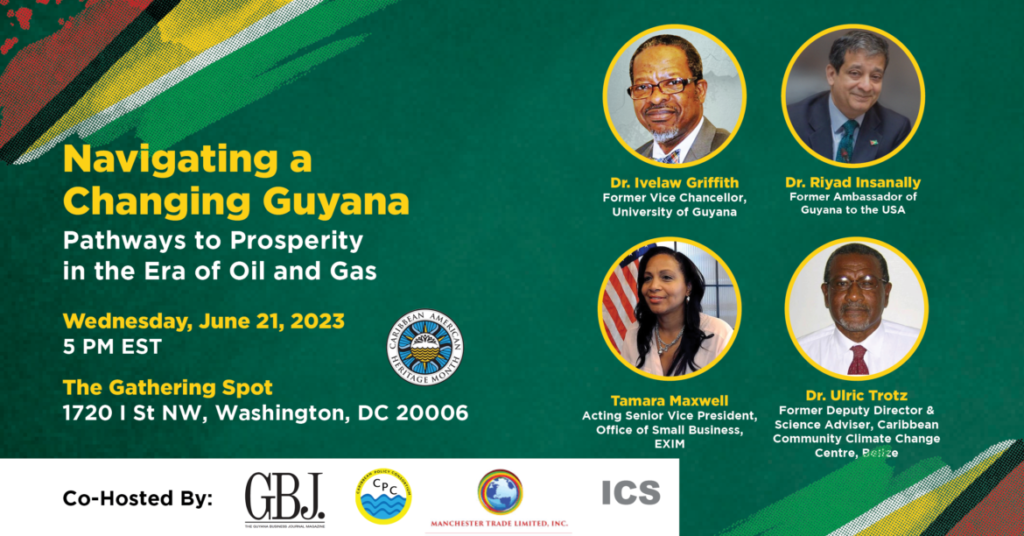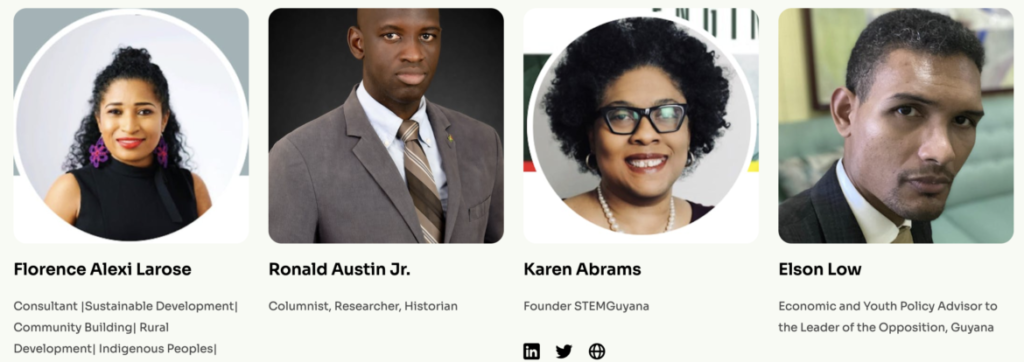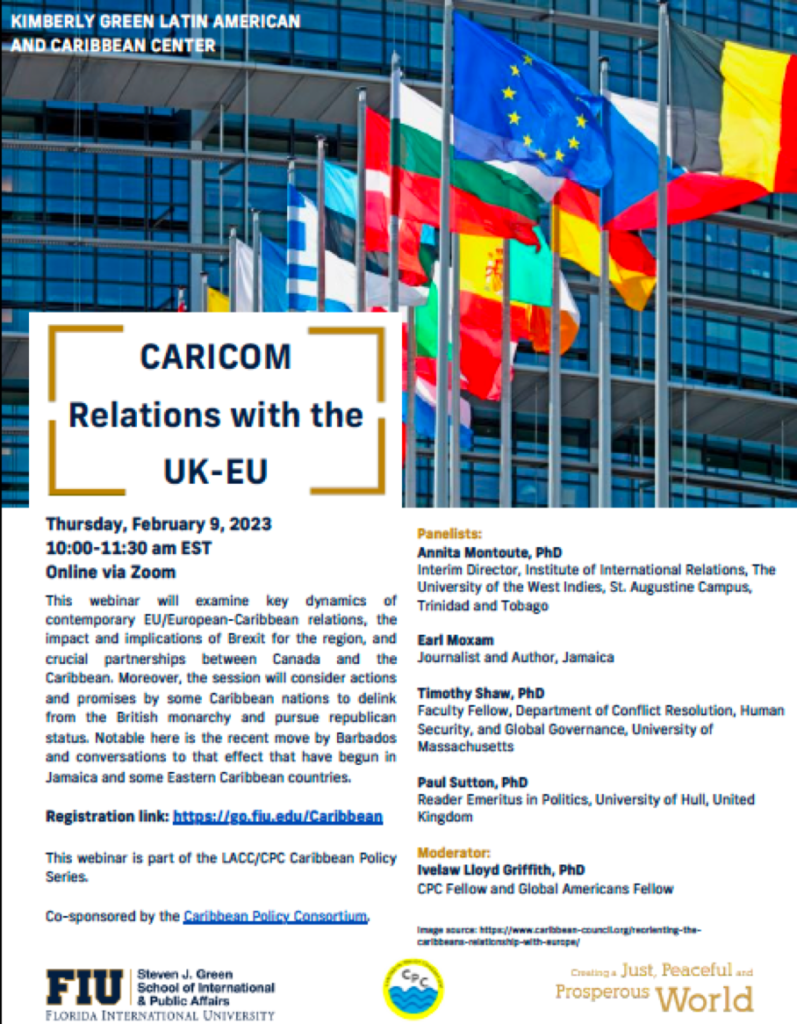August 19, 2023
Media Advisory
Production of the Guyana Business Journal, Caribbean Policy Consortium, Guyana SPEAKS, and The Guyana UK Social Development Association (GUSDA)
On the evening of August 16, 2023, an enlightening and transformative dialogue unfolded at the Chancellor’s Hall, Senate House, University of London. This gathering, titled “Navigating a Changing Guyana: Pathways to Prosperity in the Era of Oil and Gas,” was meticulously organized to delve into the profound implications of Guyana’s burgeoning oil and gas sector. The collaboration between The Guyana Business Journal & Magazine (GBJ), the Caribbean Policy Consortium, Manchester Trade Inc., Guyana SPEAKS, and The Guyana UK Social Development Association brought together distinguished figures from diverse disciplines.
Renowned experts from the private and public sectors in Guyana and the Diaspora converged in thought-provoking discussions, offering invaluable insights into the array of opportunities and challenges. The centerpiece of the evening was a comprehensive UK Diaspora Oil & Gas Update on the ExxonMobil–Guyana Partnership, delivered by Mr. Alistair Routledge, President of Esso Exploration and Production Guyana Ltd.
Routledge disclosed pivotal information about Guyana’s rapidly evolving oil and gas sector during this illuminating presentation. He projected that Guyana’s annual earnings from this sector would soar impressively to US$10 billion by 2030. Additionally, he revealed ExxonMobil’s plans to submit its Field Development Plan (FDP) for its sixth Whiptail project in October 2023.Routledge emphasized, “We now have sanctioned five major developments… those cumulatively amount to an investment commitment of well in excess of US$40 billion. This represents a massive investment for the country and is expected to deliver approximately US$10 billion a year of revenue to the State by the end of this decade.”
In a testament to ExxonMobil’s dedication to Guyana’s progress, Routledge underscored the company’s role in ensuring a positive impact on the nation. This includes bolstering the country’s financial resources and fostering local content opportunities. He highlighted that all proceeds from the oil industry earmarked for Guyana are funneled into the Natural Resource Fund (NRF), contributing to the nation’s overall development.
The event featured two enriching panels addressing the monumental significance of Guyana’s current situation, the many opportunities that await, and the emerging business imperatives crucial for future prosperity. Esteemed panelists, including Mr. Carl Greenidge, Dr. Riyad Insanally, Mr. Faizal Khan, Dr. Juanita Cox, Dr. Rosh Khan, and Mr. Allistair Routledge, brought their expertise to illuminate the discussions.
Dr. Terrence Blackman, the event’s host and facilitator, expressed his contentment with the outcome, stating, “This event underscores the importance of proactive dialogue in shaping Guyana’s future. With vast opportunities on the horizon, it’s imperative that we ensure a holistic and inclusive approach to harnessing the potential that the oil and gas sector promises, not only for Guyana but also for our extended diaspora.”
The forum proved invaluable for networking, collaboration, and the sharing of visionary perspectives. It garnered substantial attention from diverse stakeholders deeply invested in steering Guyana’s development trajectory.
Program
Introductory Remarks
Keynote Address: UK Guyanese Diaspora Oil & Gas Update
Introduction of Keynote Speaker, Dr. Riyad Insanally, CPC Fellow, Former Guyanese
Ambassador to the United States
Exploration and Production Guyana Ltd
Panel Discussion: The Moment & The Opportunity for Guyana






Dr. Riyad Insanally, Moderator
Mr. Alistair Routledge, President, Esso Exploration and Production Guyana Ltd.
Mr. Carl Greenidge, Advisor on Borders, Former Foreign Minister, Guyana
Panel Discussion: Emerging Business Opportunities: Leveraging the UK Diaspora in Guyana’s Development





Dr. Juanita Cox, Moderator, Dr. Rosh Khan, President – ACE Consulting Group, SocialRank Media, Masterclass Institute (FranklinCovey Guyana), Ms. Mich`ele Small, Development Finance Professional, Mr. Faizal Khan, Chairman, British Chamber of Commerce (BritCham) Guyana
Panelists and Speakers
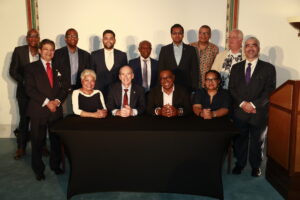
Sitting (L to R): Michele Small, Allistair Routledge, Terrence Blackman, Juanita CoxStanding (L to R): Riyad Insanally, David Roberts, Orin Alexander, Faisal Khan, Carl Greenidge, Rosh Khan, Rod Westmaas, John Mair, David Lewis
Gallery
